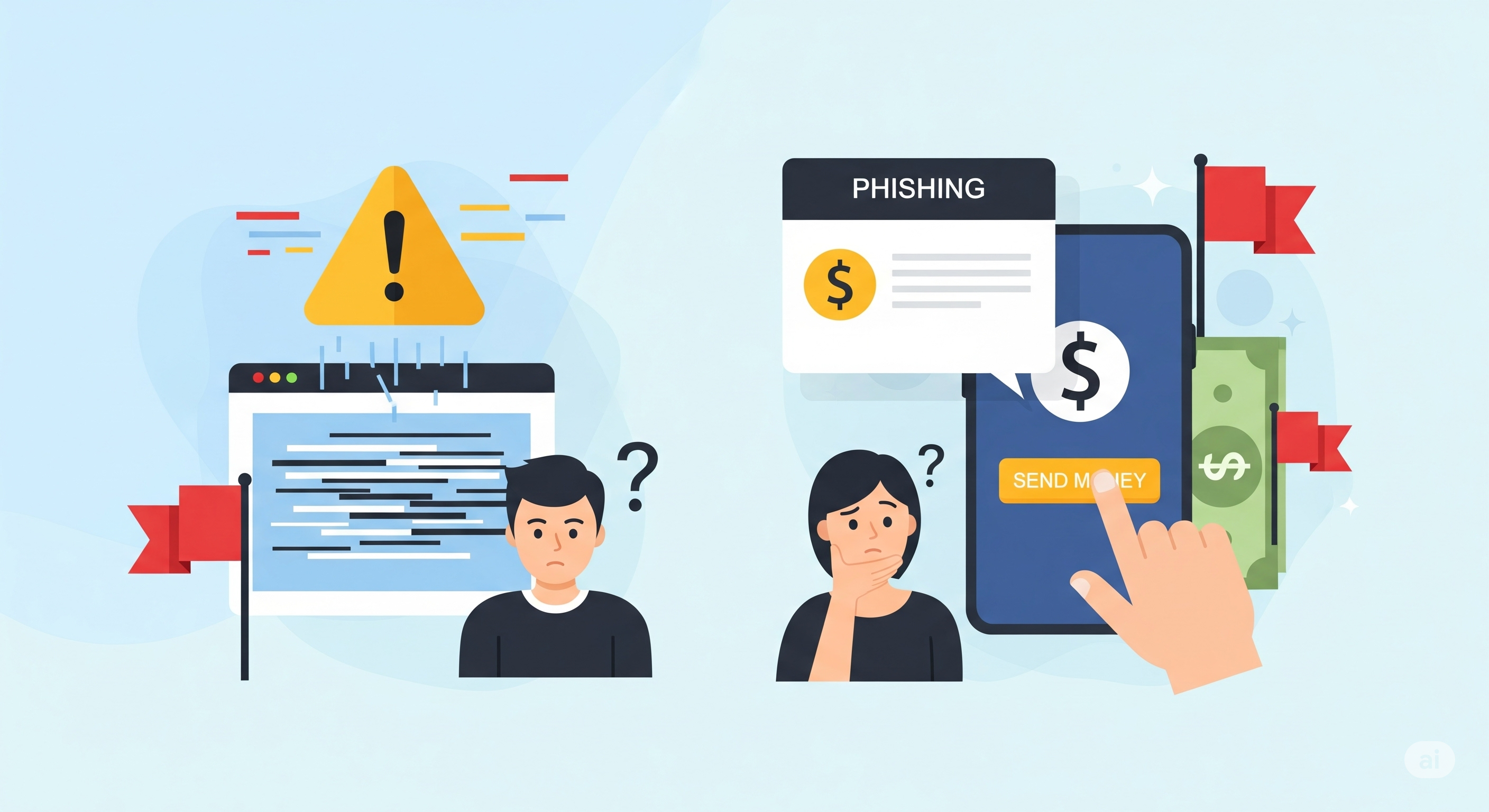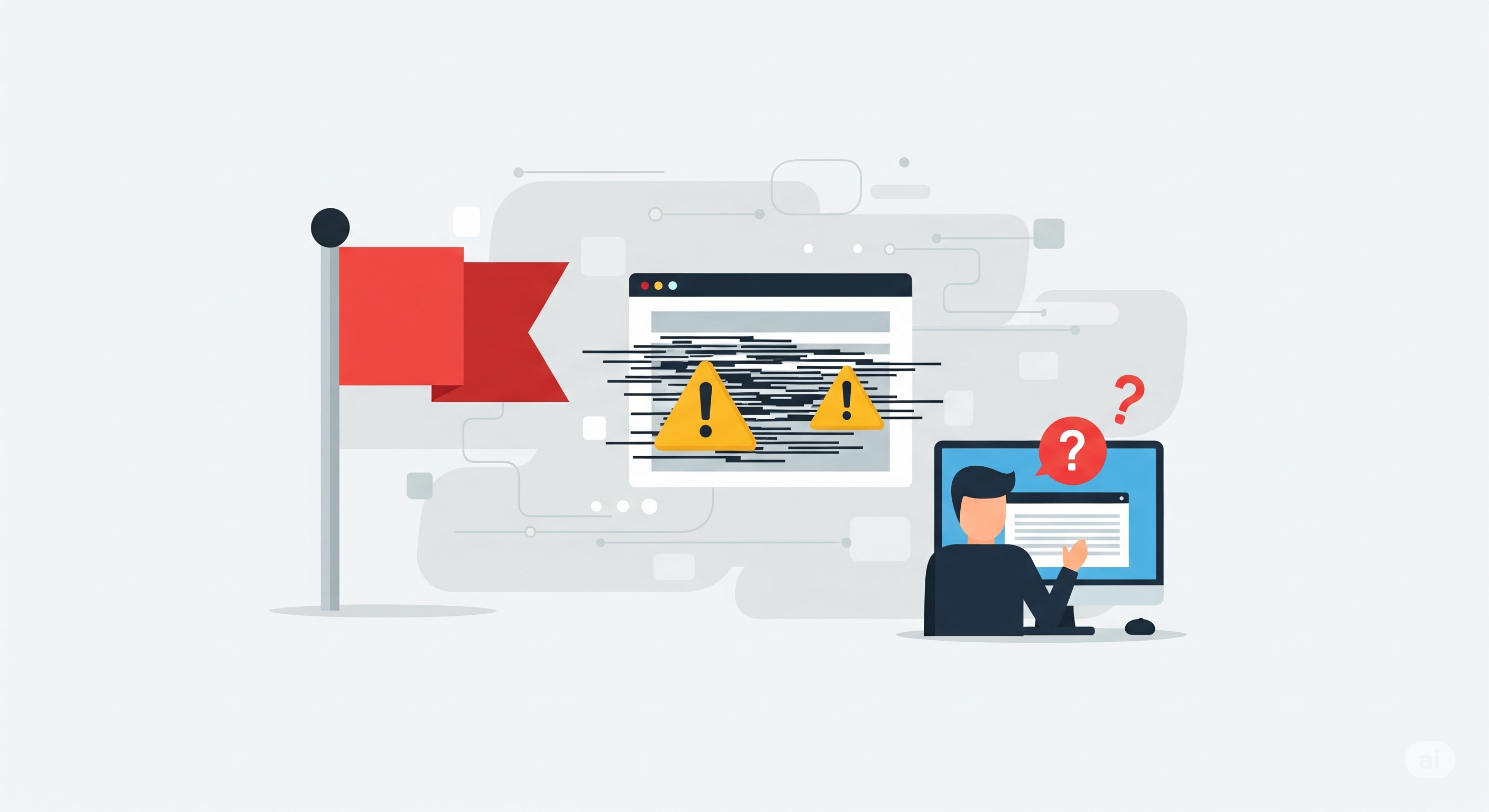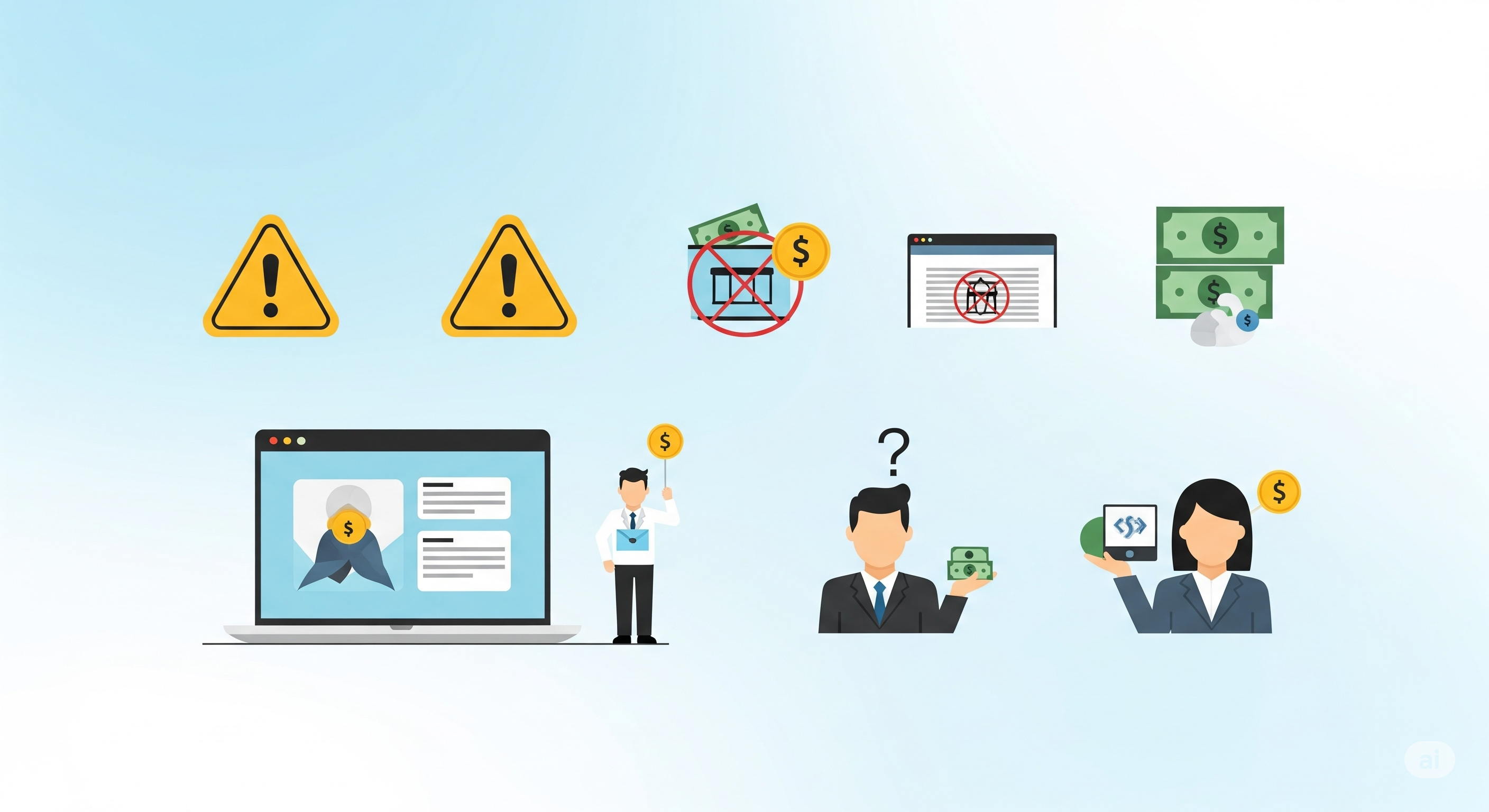Tips & Support
Sending Money to Strangers
Sending Money to Strangers
By Admin
Related Topics

Efficient Price Shopping
Finding the best deal isn t just about getting the cheapest item it s also about getting the most value......
Read More
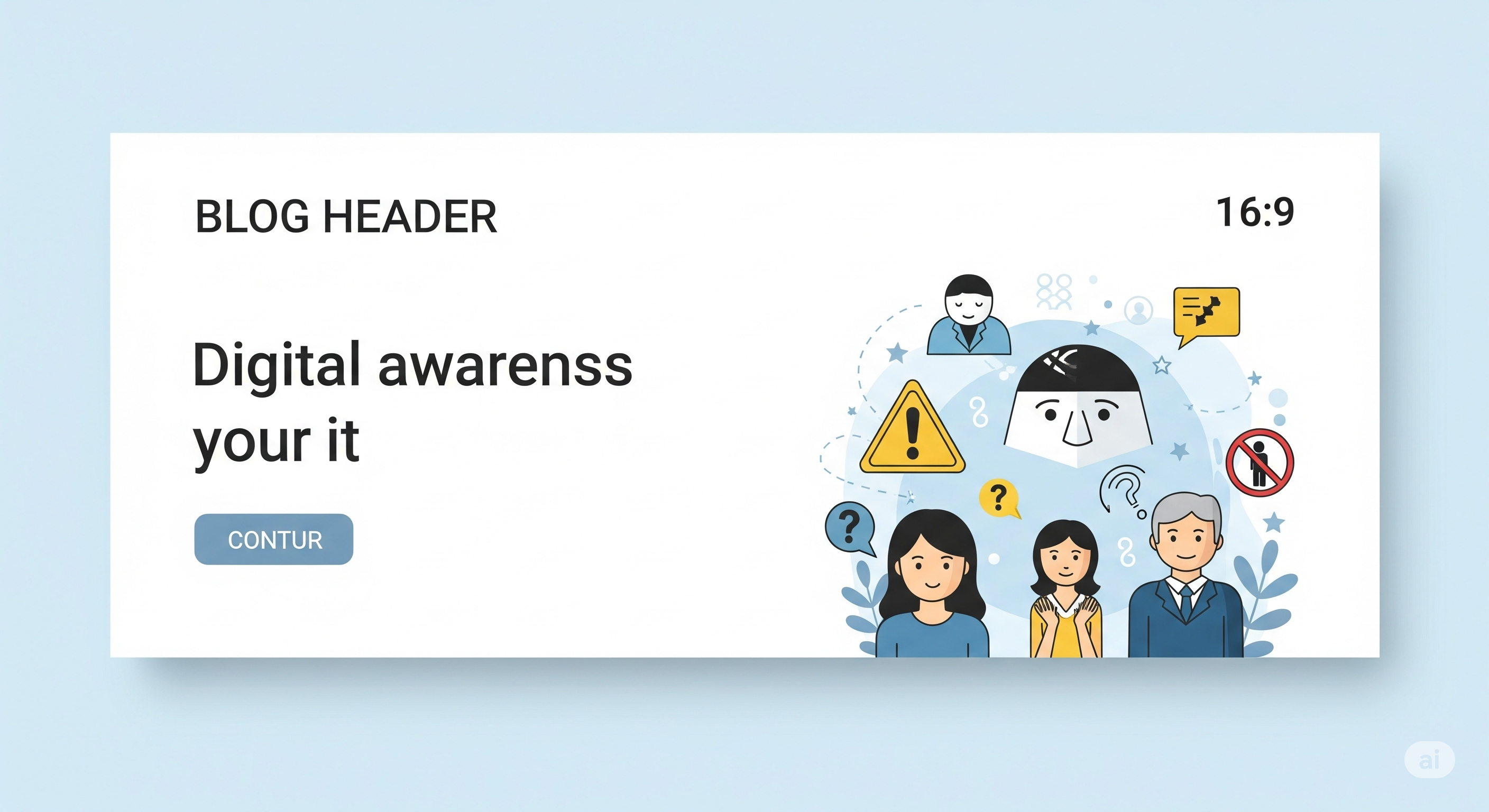
Military Love Trap
The Military Love Trap is a rising internet scam in which scammers pretend to be military members to emotionally deceive......
Read More
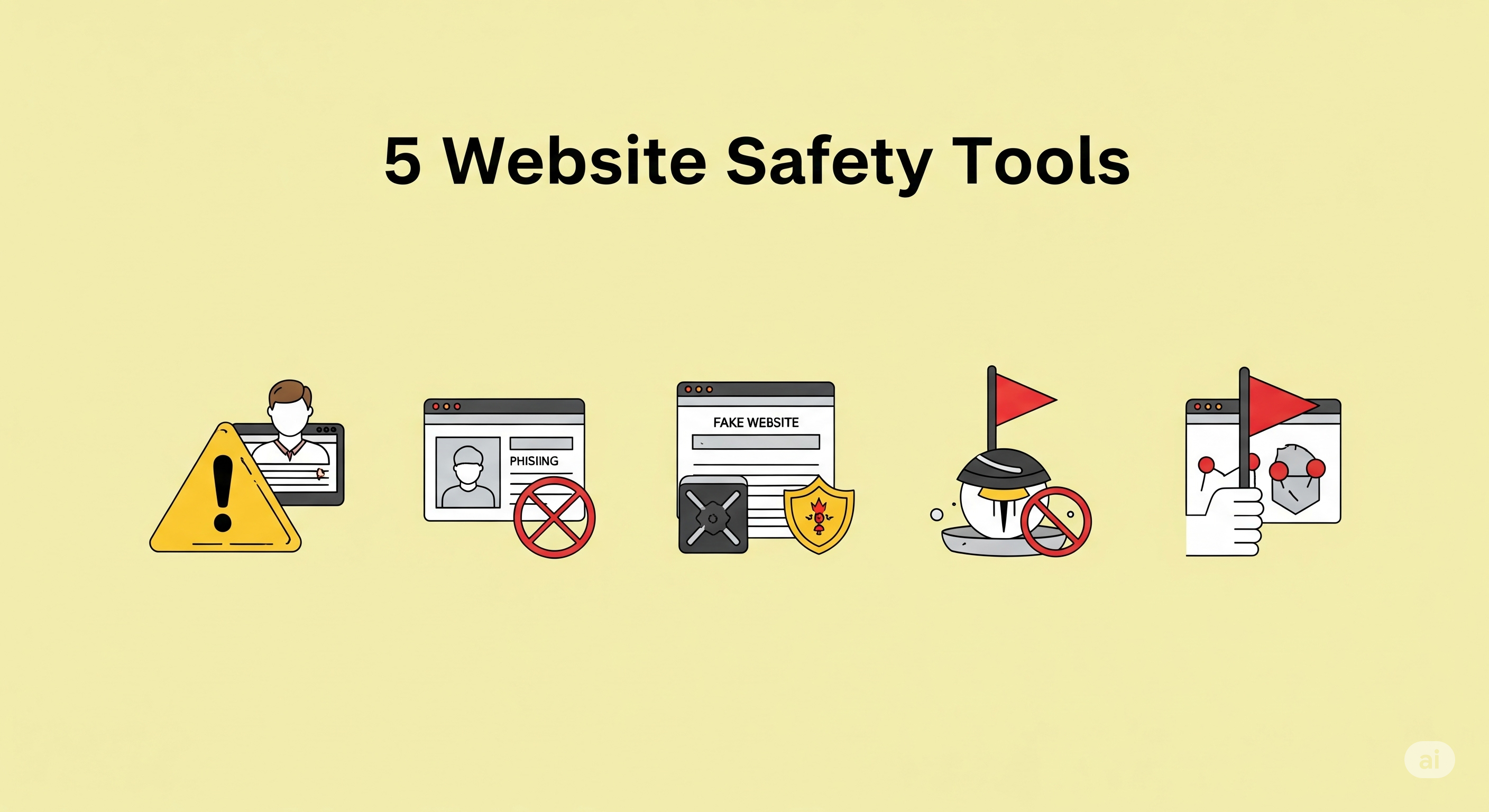
5 Website Safety Tools
In the digital age most people visit hundreds of websites every day to buy read the news bank or connect......
Read More
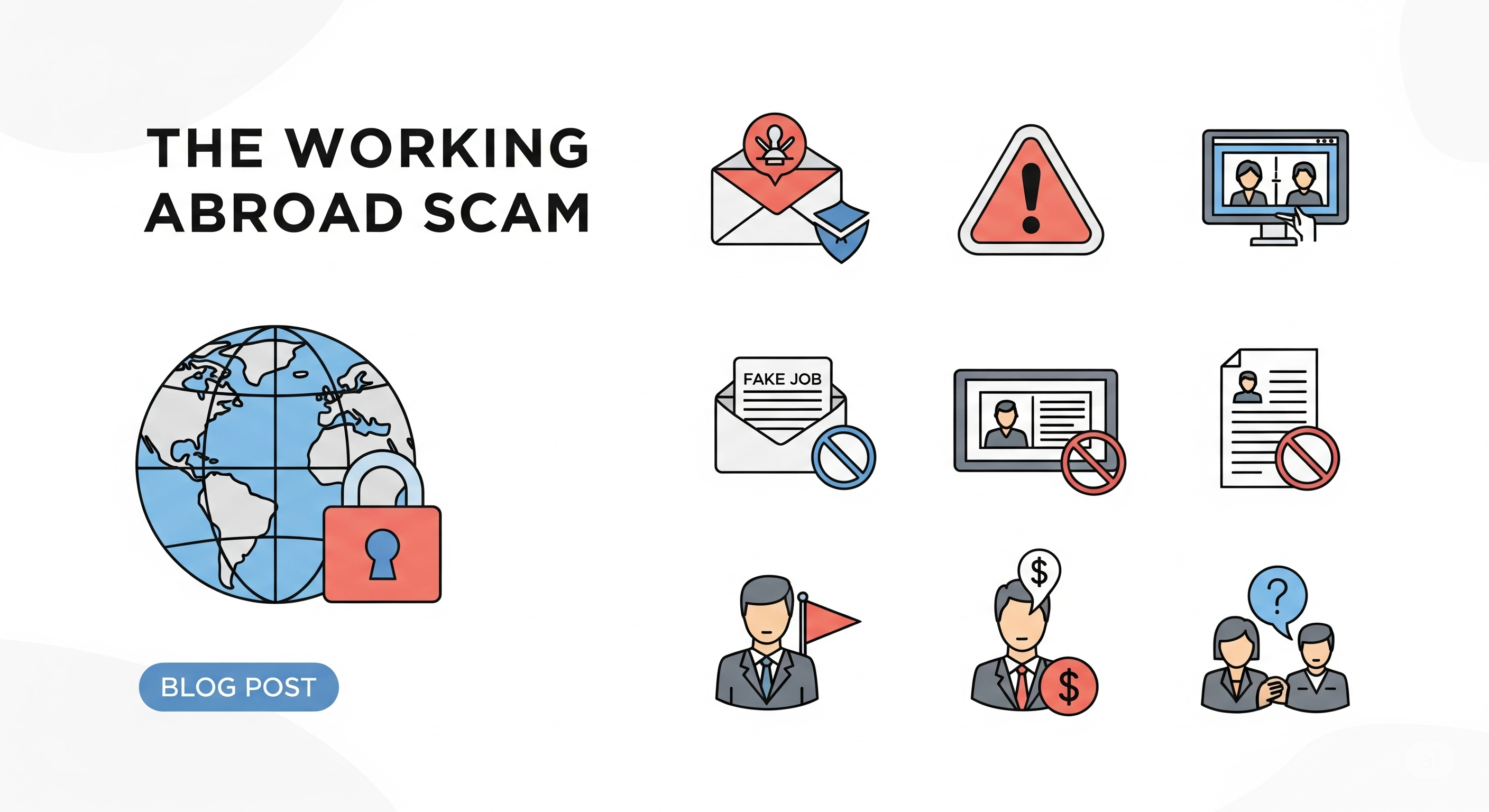
The Working Abroad Scam Tactic
For a lot of people who want to make more money move forward in their careers or just observe what......
Read More

Efficient Price Shopping
Finding the best deal isn t just about getting the cheapest item it s also about getting the most value......
Read More
Military Love Trap
The Military Love Trap is a rising internet scam in which scammers pretend to be military members to emotionally deceive......
Read More
5 Website Safety Tools
In the digital age most people visit hundreds of websites every day to buy read the news bank or connect......
Read More
The Working Abroad Scam Tactic
For a lot of people who want to make more money move forward in their careers or just observe what......
Read More
